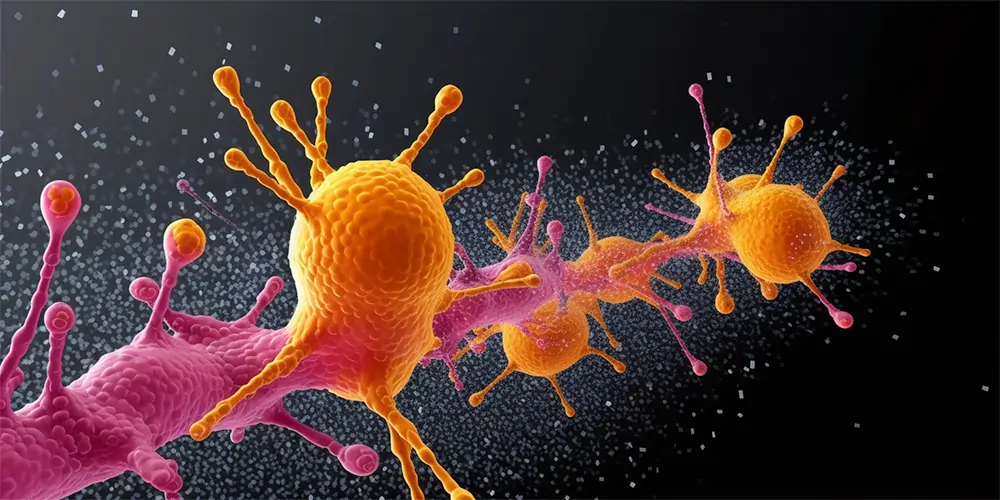In a significant update from OpenAI, the ChatGPT Custom Instructions feature has been expanded to users in the UK and EU.
Previously in its beta phase, initially available to the Plus plan users, it has now been extended to a wider audience, marking a noteworthy development for the AI tool’s user base.
Understanding Custom Instructions
ChatGPT’s Custom Instructions feature allows users to provide specific context or requests, ensuring that the tool considers these guidelines in all subsequent conversations. This means users no longer have to repeat their preferences or conditions constantly.
Several use cases have emerged from early testers:
- Skill Level Communication: Users have the opportunity to convey their proficiency in a specific area, eliminating repetitive clarifications.
- Linguistic Practice: Ideal for individuals keen on refining their conversational abilities with regular grammar feedback.
- Regional Adaptation: Those in the legal field or other professions can set a continuous context that aligns with their nation’s laws.
- Story Crafting: Writers can use detailed character profiles to ensure ChatGPT retains a uniform grasp of story characters.
- Consistent Output Preference: Users have the option to guide ChatGPT to produce outputs, such as codes, in a consistent manner.
- Voice Matching: ChatGPT is capable of adopting and reproducing the tone and style for writing tasks.
The introduction of this feature aims to address one of the pain points users have often raised: the need to start each ChatGPT conversation from scratch.
OpenAI’s dialogue with users from over 22 countries has highlighted the crucial role of steer-ability in ensuring AI models cater to each individual’s diverse needs and contexts.
For instance, a teacher preparing a lesson plan can specify they’re focusing on 3rd-grade science, or a coder can express a preference for a specific coding language other than Python.
Such instructions are then understood and retained by the model.
Custom Instructions: Set-up Guide
Web Access:
- Sign in to ChatGPT using your OpenAI account.
- Click on the three dots icon located in the bottom right corner.
- Select ‘Custom instructions’.
- Provide your custom instructions and ensure the ‘Enable for new chats’ toggle is on.
- Save these settings.
iOS and Android Access:
- Launch the ChatGPT application on your device.
- Tap on the hamburger icon in the top right corner, followed by ‘Settings’.
- Choose ‘Custom Instructions’, then enable the respective toggle and enter your custom instructions.
Also read:
Making the Most of Custom Instructions
While the feature is undoubtedly beneficial, its full potential can be realised by understanding how to use it optimally:
- Specify occupation details for work-related tasks to get tailored responses.
- Indicate preferred response formats like lists, tables, or bullet points.
- For projects or tasks with consistent details, provide all relevant information under the section “What would you like ChatGPT to know about you…”.
Users should be aware that the free version of ChatGPT has data up to September 2021. It’s advisable to input the necessary data into the custom instructions for updated information.
Key Points to Note
- The word count for custom instructions is capped at 1500 words.
- ChatGPT Plus is available for a monthly subscription fee of $20.
- Data privacy is a priority; however, OpenAI has stated that these custom instructions will be utilised to enhance the model further.
An Evolving AI Assistant
ChatGPT’s launch in November brought an advanced AI chatbot into the mainstream. Rapid updates since then highlight both the technology’s potential and current limitations.
Custom Instructions give users more control over ChatGPT’s capabilities, making the tool more directly useful across various real-world applications.
Continued evolution is needed, but features like Custom Instructions show OpenAI is committed to making AI systems better serve our needs.




